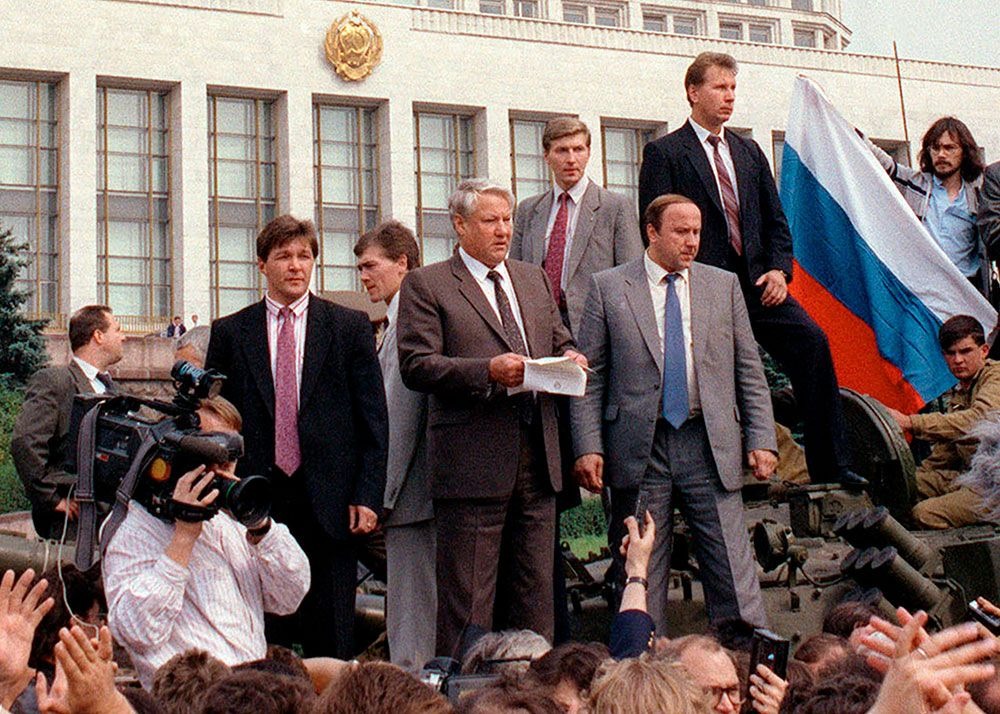Introduction:
In the annals of history, moments of political upheaval often coincide with media blackouts, leaving the public in the dark. However, in 1991, during the Soviet coup attempt, a beacon of communication emerged: Internet Relay Chat (IRC). This blog post delves into how IRC became an unexpected hero, shining a light on the events that shook the Soviet Union and the world.

The Soviet Coup Attempt:
In August 1991, a group of hardline Communist Party members attempted to seize control of the Soviet Union from President Mikhail Gorbachev, aiming to reverse his reforms and restore totalitarian rule. As they took over key institutions and imposed a media blackout, millions were left unaware of the unfolding crisis.
The Birth of IRC:
Meanwhile, thousands of miles away, a virtual community was evolving on the internet. Internet Relay Chat, or IRC, was a platform for real-time communication that allowed users to create channels and converse anonymously. Originally developed in the late 1980s, IRC gained popularity among tech-savvy individuals worldwide.
Breaking the Silence:
As news of the coup spread, IRC emerged as a crucial tool for sharing information. Users created channels dedicated to discussing the events, sharing updates, and coordinating efforts to bypass the media blackout. In a stroke of irony, technology designed for leisure and entertainment became a lifeline for democracy.
Global Collaboration:
IRC’s decentralized nature allowed individuals from around the world to contribute to the coverage of the coup attempt. People shared firsthand accounts, translated news reports, and exchanged insights, creating a global network of citizen journalists. This collaboration transcended borders, demonstrating the power of connectivity in the face of adversity.
Impact and Legacy:
While the coup ultimately failed, the role of IRC in reporting on the events left a lasting impact. It showcased the potential of the internet as a tool for grassroots activism and citizen journalism, foreshadowing its future role in shaping political discourse. Moreover, it highlighted the importance of open communication in times of crisis, challenging authoritarian attempts to control the flow of information.

Conclusion:
The 1991 Soviet coup attempt was a pivotal moment in history, marked by both political turmoil and technological innovation. In the absence of traditional media coverage, IRC emerged as a beacon of hope, bridging geographical divides and empowering individuals to share information freely. Its legacy serves as a reminder of the enduring power of communication in the pursuit of truth and democracy. As we reflect on this chapter of history, let us not forget the role of IRC in shining a light on the darkness of censorship.

